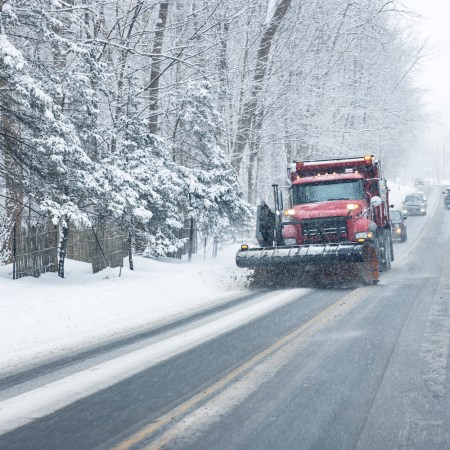Social distancing guidelines suggest that people keep six feet apart from one another. But what if you can’t get six feet between you and the next closest person because, well, you’re both living in a camper van and there just isn’t that much space? Alternately, what happens when the freedom of van life meets the social concerns of the coronavirus era?
At Curbed, Megan Barber explored how van life proponents are dealing with the challenges of life during a pandemic. For many of those who have embraced van life, the appeal is simple: there’s an abundance of freedom to move around and set your own pace.
Barber’s article notes that a host of people have encountered mixed signals from federal, state and local governments regarding sites like campgrounds, an essential place to park your van/residence.
But while the federal government encouraged recreation, some local campgrounds started to close. The rationale? Although camping seems like a proactive way to distance from others, campers are still reliant on services like water, toilets, showers, visitor centers, and dump stations — all places where, if they remained open, the virus could spread.
This has become an issue around the country. Barber writes that “at least 29 states — including places like California, Colorado, Florida, Washington, and New York — have closed or delayed opening their state park campgrounds.”
Another issue for those living in their vans? Storage space for provisions. If you’re trying to minimize your trips to the grocery store, it’s going to be difficult when you have limited cupboard space at hand. The welcome flexibility of van life offers fascinating glimpses of nature even now — but the current crisis has made its downsides more apparent as well.
Subscribe here for our free daily newsletter.
Thanks for reading InsideHook. Sign up for our daily newsletter and be in the know.


















